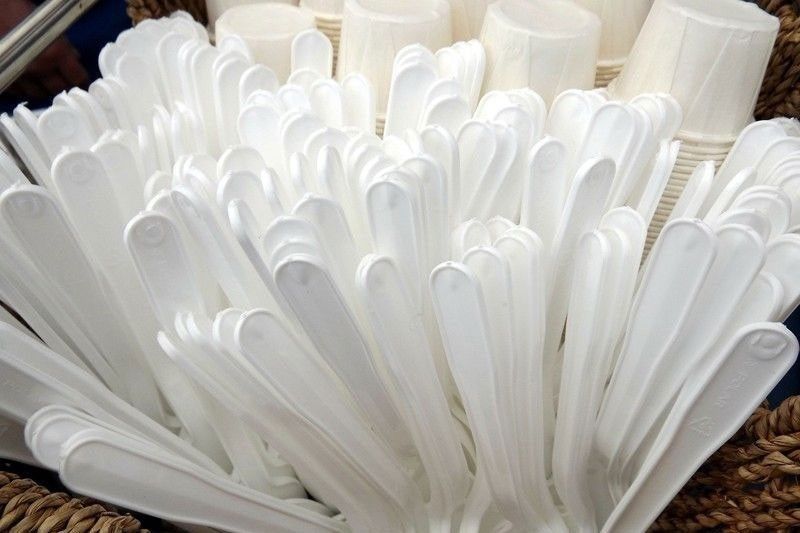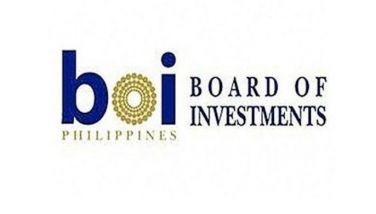PRA seeks clarity on proposed tax on single-use plastic products

MANILA, Philippines — The Philippine Retailers Association (PRA) wants clarity on how the proposed single-use plastic tax will be implemented with the measure expected to affect the retail industry, which uses plastics for its packaging.
PRA president Roberto Claudio told reporters that while the group supports the move to reduce plastic use, there is a need to clarify the implementation of the proposed tax on single-use plastic.
He said there is a need to define what single-use plastic means.
“Unless defined properly how we will do this and how we will define the single-use plastic, there will still be confusion on the implementation,” he said.
If a plastic bag used for an item purchased in the market was washed and reused, he said this should not be imposed with the proposed tax.
He also said there is a need to clarify how and who should shoulder it.
“One solution we have is to encourage the use of reusable bags,” Claudio said.
If the consumer opts for a single-use plastic for their purchase from the retailer, he said the customer would then be charged for that to be able to pay the tax on the single-use plastic.
In his State of the Nation Address in July, President Marcos cited the imposition of excise tax on single-use plastic as one of the measures he wants to be passed by Congress.
In November last year, the House of Representatives approved on third and final reading House Bill 4102 or the Single-use Plastic Bags Tax Act, which seeks to impose an excise tax of P100 for every kilogram of single-use plastics removed from the place of production or released from custody of the Bureau of Customs.
If passed into law, the bill is expected to address the country’s plastic waste management problem, as well as generate revenues for the government.
According to the World Bank, Philippines, China, Indonesia, Thailand, and Vietnam account for 55 to 60 percent of plastic waste that enter the oceans.
Every year, approximately 1.7 million tons of post-consumer plastic waste are generated in the Philippines, with an estimated recycling rate of only 28 percent for recyclable plastic waste. The balance either leaks into the environment or is disposed of as part of the mixed waste stream.
- Latest
- Trending






























